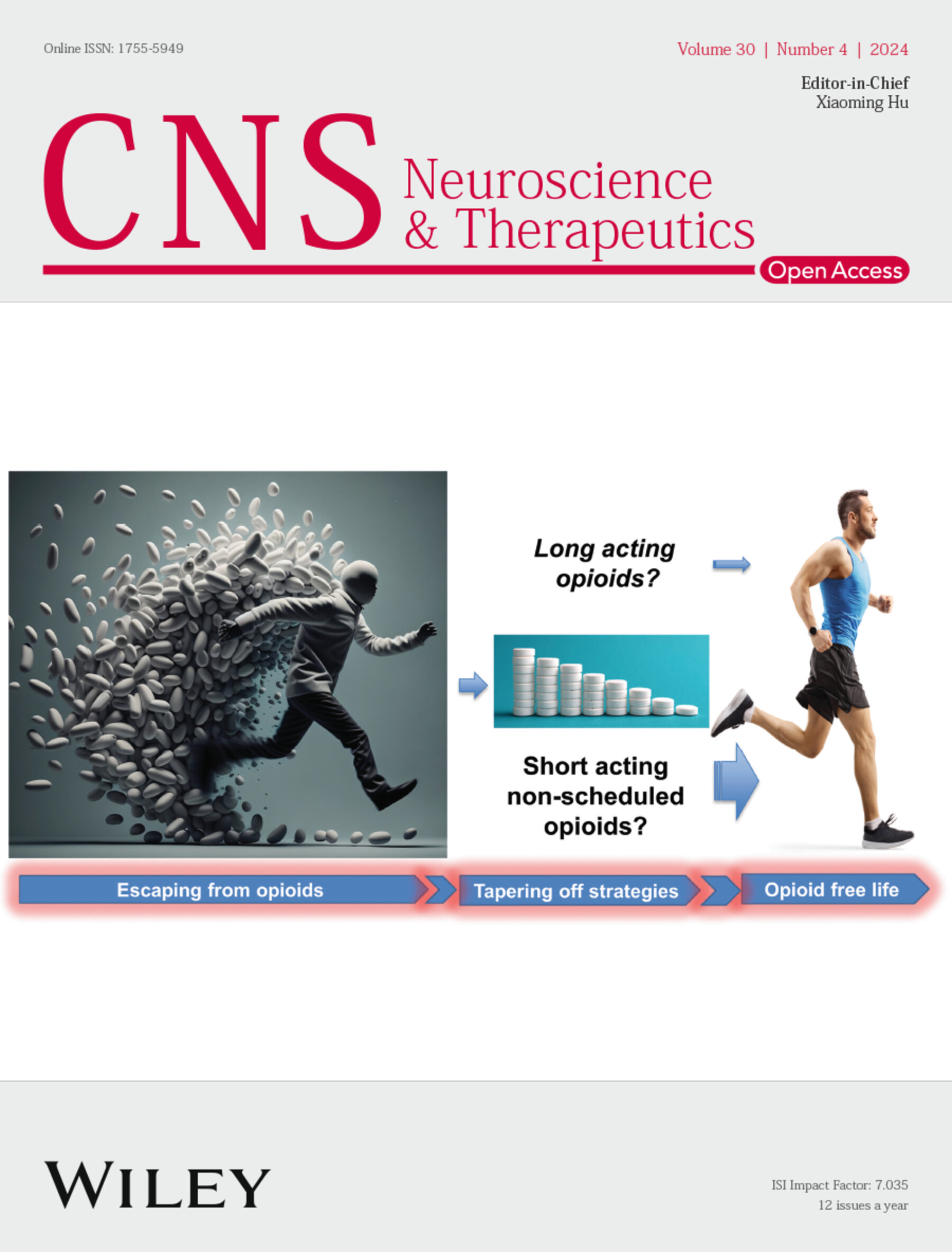TSG-6 Protects Against Cerebral Ischemia–Reperfusion Injury via Upregulating Hsp70-1B in Astrocytes
Abstract
Aims
This study aimed to investigate the relationship between tumor necrosis factor alpha-induced protein (TNFAIP6/TSG-6) and astrocytes in cerebral ischemia/reperfusion (I/R) injury.
Methods
Utilizing in vivo and in vitro cerebral I/R models, cerebral infarct volumes, neurobehavioral outcomes, blood–brain barrier (BBB) permeability, as well as indicators of astrocyte apoptosis, reactivity, and A1 phenotype were assessed to evaluate the effects of recombinant rattus TSG-6 (rrTSG-6) on astrocytes in acute cerebral I/R injury. Following mRNA sequencing of all astrocyte groups, astrocyte apoptosis and reactivity were analyzed through a combined intervention of rrTSG-6 and Apoptozole, a heat shock protein 70-1B (Hsp70-1B) inhibitor, in vitro.
Results
The findings demonstrated that rrTSG-6 significantly reduced cerebral infarct volumes by nearly half, improved neurobehavioral outcomes, mitigated BBB damage, and suppressed the expressions of astrocyte apoptosis markers, reactivity indicators, and A1 phenotype markers. mRNA sequencing revealed that the Hsp70-1B protein level increased to approximately 1.6 times that of the rrTSG-6 non-intervention group. Furthermore, Apoptozole impeded the expressions of astrocyte apoptosis markers, reactivity indicators, and A1 phenotype markers.
Conclusion
TSG-6 inhibited nuclear factor kappa-B (NF-κB) phosphorylation by upregulating Hsp70-1B in oxygen–glucose deprivation/reoxygenation (OGD/R)-induced astrocytes, thereby exerting a protective effect through anti-apoptotic mechanisms and the suppression of astrocyte reactivity and A1 transformation following cerebral I/R injury.


 求助内容:
求助内容: 应助结果提醒方式:
应助结果提醒方式:


